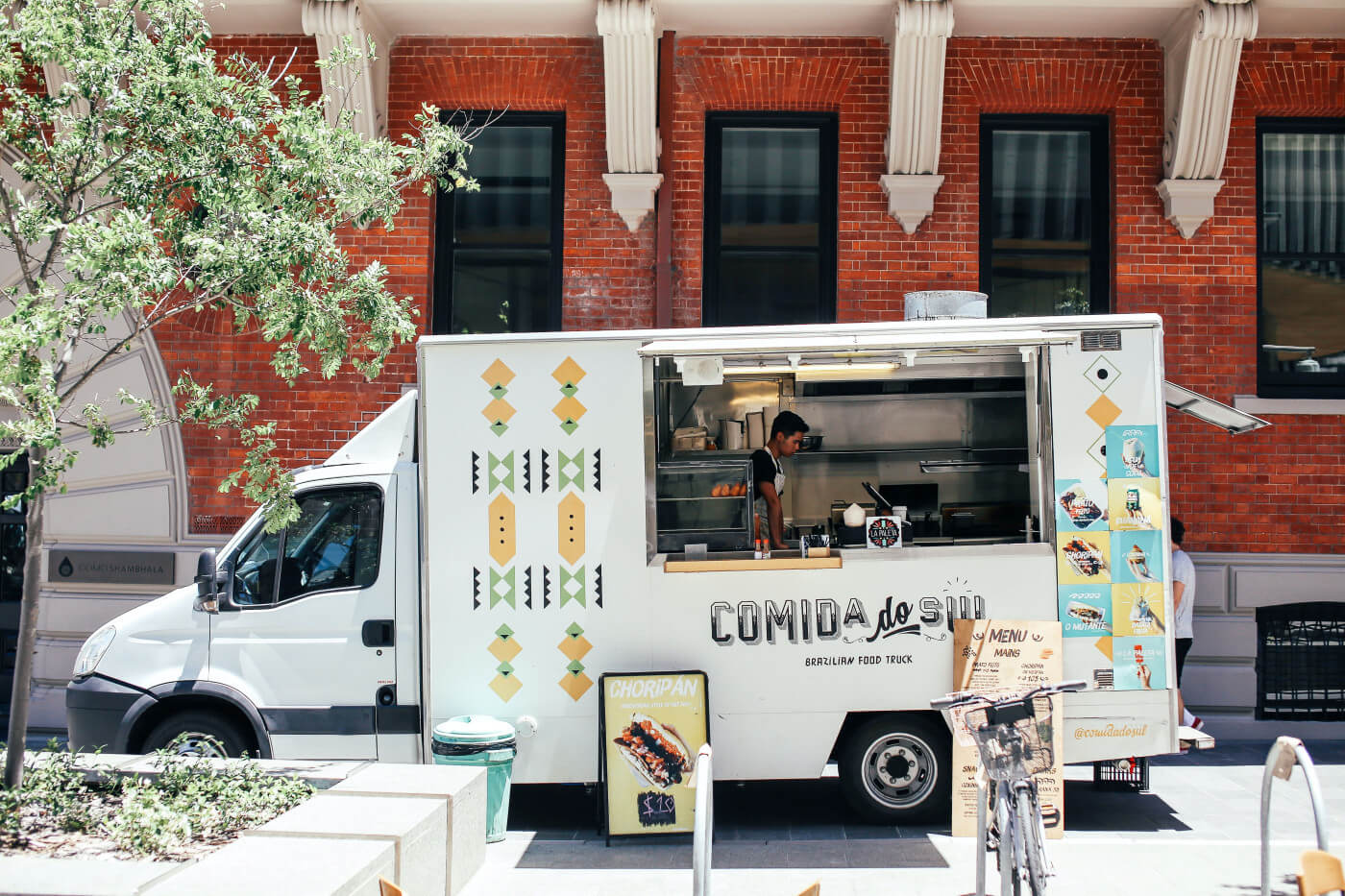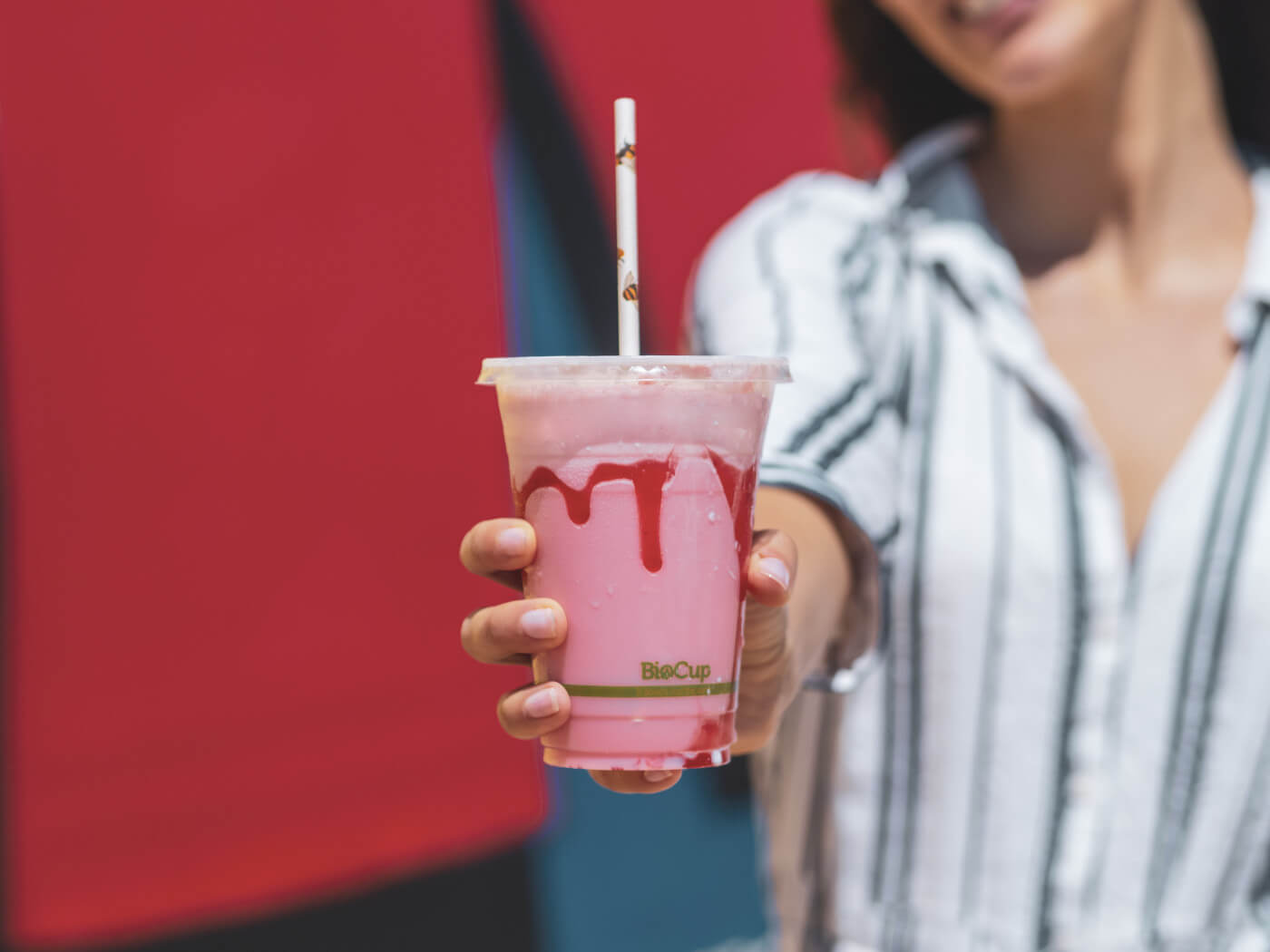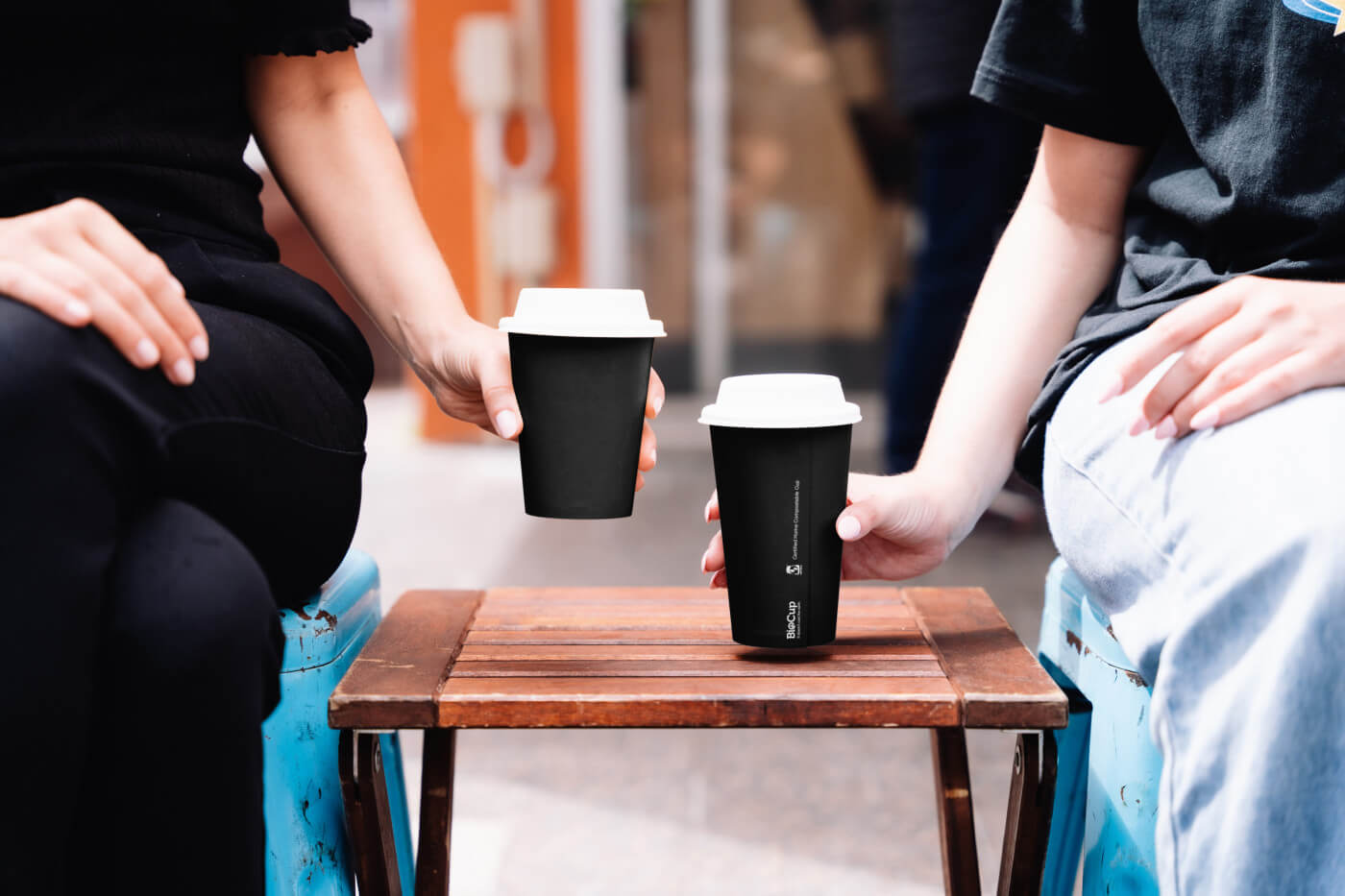Food trucks have become a popular and thriving business in the food industry. These mobile eateries offer a wide range of delicious and convenient meals, bringing unique flavors and culinary experiences to various locations. One key aspect of running a successful food truck business is the packaging used to serve the meals. In this article, we will explore the importance of compostable packaging for food trucks and how they can contribute to the success of these mobile ventures.
Compostable packaging has gained significant attention in recent years due to their environmentally friendly nature. These containers are made from organic materials that can naturally break down into compost when discarded. Unlike traditional single-use plastic containers, compostable containers do not contribute to pollution and the accumulation of waste in landfills. By utilising compostable containers, food truck owners can demonstrate their commitment to sustainability and attract environmentally conscious customers.
The use of compostable packaging aligns well with the ethos of food truck businesses. These mobile eateries provide flexibility and freedom to operate in various locations and at different events. Food truck owners can choose to participate in weekly markets, food truck nights, school fetes, cultural festivals, and music or arts festivals. By selecting events strategically, food truck operators can maximise their exposure to potential customers. When choosing events, it is crucial to consider the location, surrounding population density, availability of parking or public transport, and the potential foot traffic passing by the food truck.
Competition is another factor to consider in the food truck industry. With numerous food trucks vying for customers' attention at events, it is essential to offer something unique and appealing. Conducting thorough research on existing food trucks and their menus can help identify gaps in the market. For example, specialising in a specific cuisine or offering a distinctive food combination can help differentiate a food truck from its competitors. Additionally, implementing creative strategies such as meal deals can entice customers to choose your food truck over others.
To achieve long-term success, it is crucial to have a well-defined strategy for running a food truck business. One effective approach is to tap into the private function market. By promoting catering services for parties and events, food truck owners can secure guaranteed profits and minimise risks associated with fluctuating daily sales. Investing in a user-friendly website and maintaining an active social media presence can help attract potential clients for catering services. Moreover, utilising online advertising platforms, such as Google Ads, can significantly increase the visibility of the food truck business and generate more leads.
A diverse and adaptable menu is another key factor in the success of a food truck. Offering a range of options that can be easily customised to suit different occasions and customer preferences is essential. By designing a menu that allows for efficient preparation and quick service, food truck owners can ensure smooth operations and minimise customer wait times. Preparing a significant portion of the dishes in advance can streamline the cooking process and enhance efficiency.
Efficient and speedy service is paramount in the food truck industry. Long queues may initially attract attention, but if the waiting time becomes excessive, potential customers may seek alternative options. Providing multiple payment options, such as cash and card payments with contactless features, can expedite the ordering and payment process. Fast and friendly service will not only leave a positive impression on customers but also encourage them to recommend the food truck to others.
In addition to the food and service, packaging plays a crucial role in the overall customer experience. Compostable packaging is an excellent choice for food truck businesses that prioritise sustainability. These containers, such as the BioCane and BioBoard takeaway containers, offer a sturdy and eco-friendly solution for serving meals. They come in various shapes and sizes, including square, rectangular, and round bowls, with compatible lids for takeout options. For smaller portions or side dishes, paper bowls and chip cups are available. To accompany the compostable containers, wooden cutlery, such as sporks, can provide a convenient and environmentally friendly utensil option. Napkins, particularly single saver dispenser napkins, offer a cost-effective and practical solution for customers to clean up after enjoying their meals.
By using compostable containers and other sustainable packaging options, food truck businesses can actively contribute to reducing plastic waste and minimising their environmental footprint. This commitment to sustainability resonates with customers who are increasingly conscious of their impact on the planet. By incorporating eco-friendly practices, food truck owners can attract a broader customer base and build a positive reputation in the community.
In conclusion, food truck businesses offer a unique and flexible approach to the food industry. While they present various advantages, they also come with challenges such as event selection, competition, and operational efficiency. However, by implementing effective strategies, offering a diverse menu, providing excellent service, and using sustainable packaging such as compostable containers, food truck owners can increase their chances of success. Embracing environmentally friendly practices not only aligns with customers' values but also contributes to a more sustainable future for the food industry as a whole.





